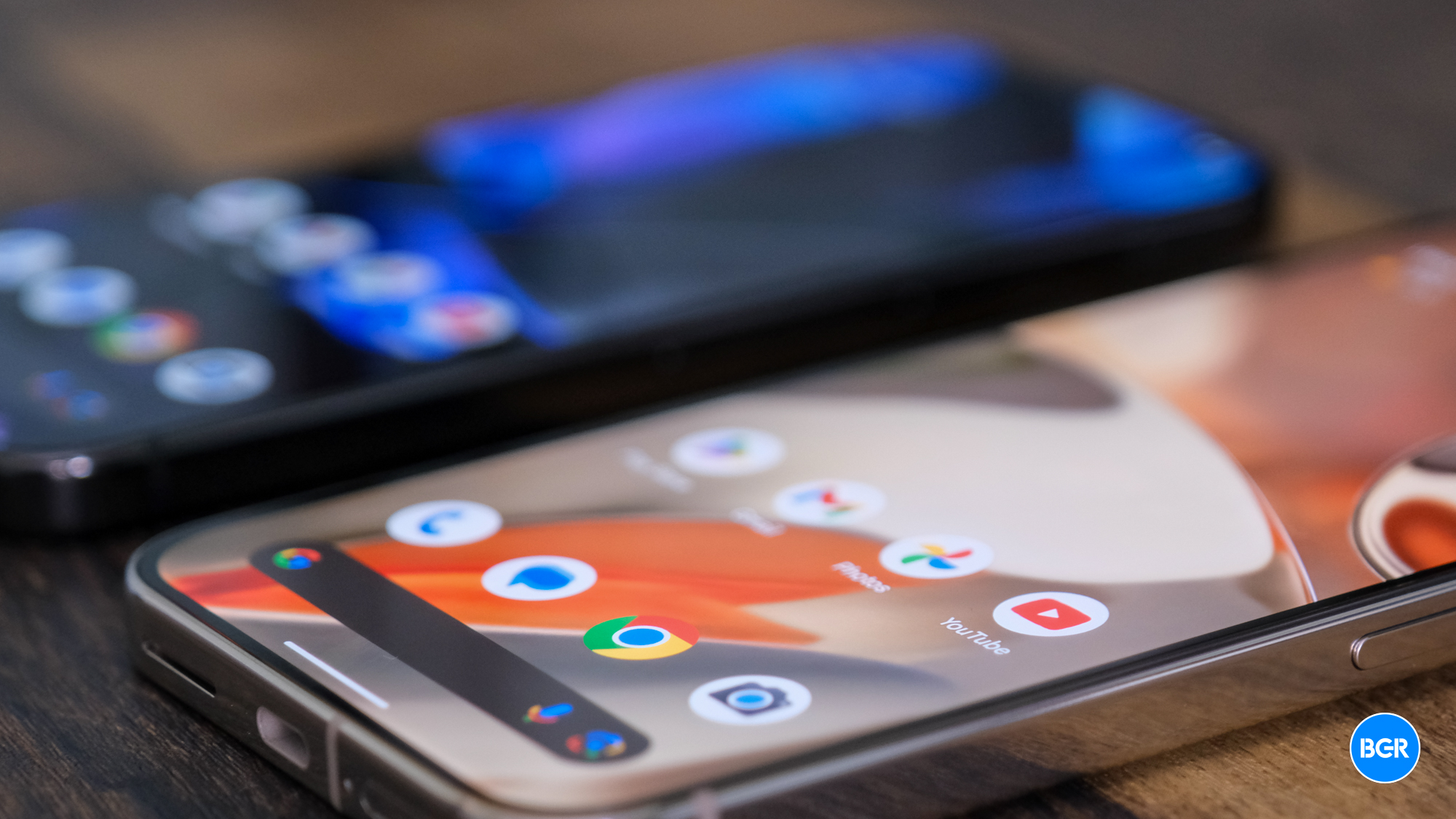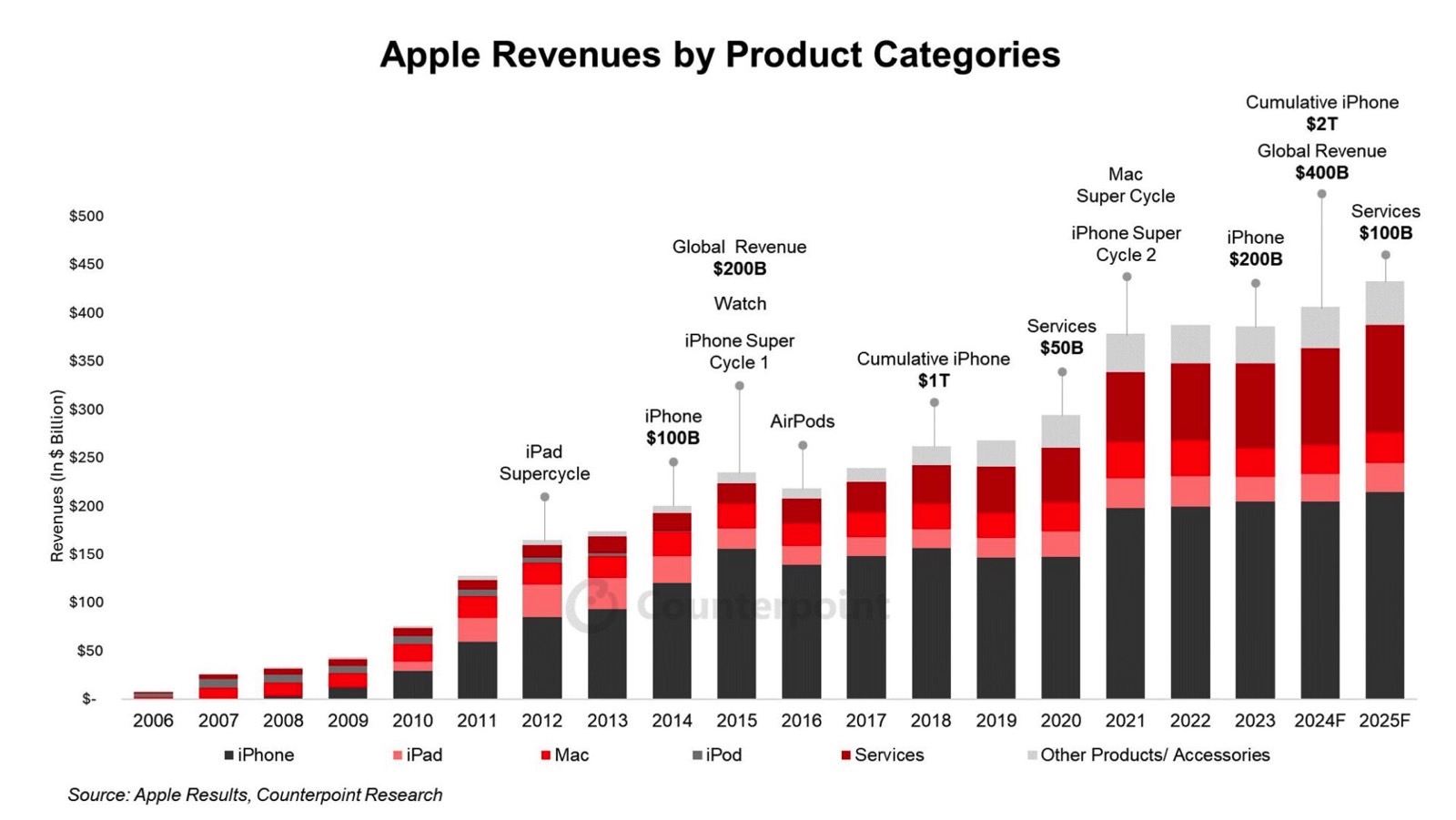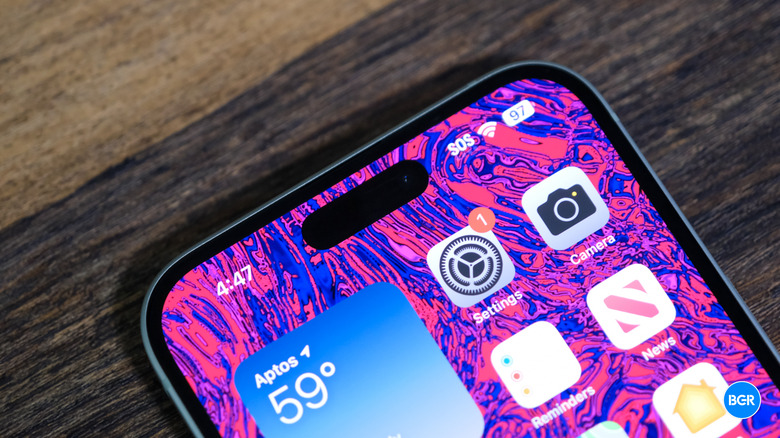Could iPhone 16 Preorders Start Earlier Than Usual?
Apple announced that its iPhone 16 launch event will take place on Monday, September 9th, which is an unusual day of the week for iPhone launches. Could Apple also change the preorder and release dates from the usual Fridays following the launch event?
It seems unlikely, considering Apple's rather strict rules about launching new iPhones. But this isn't a usual year for the iPhone, and Apple might want to sell the iPhone 16 as soon as possible. Plus, there's a report that already offers alternative preorder and release dates for the iPhone 16 than we expect.
We expected the launch event to happen on September 10th, a Tuesday. All reports said that was when Apple would announce the iPhone 16 series. Preorders would start on the first Friday after that, September 13th. The second Friday (September 20th) would become the iPhone 16's release date.
There's a presidential debate set for September 10th, and that's probably why Apple went for a Monday event. I said earlier this week that I still expect preorders to start on September 13th. The phone will be available in stores on September 20th.
However, I also noted that Apple could do things differently this year. It has every reason to do it. iOS 18 will be the first iOS release to pack native AI features. While Apple Intelligence will probably launch a bit later, it'll be a big selling point for the iPhone 16 phones.
As a reminder, only the iPhone 15 Pros can run Apple Intelligence. Many people, myself included, will upgrade to the iPhone 16 to get access to Apple AI.

Apple is running behind Google when it comes to genAI features built into mobile operating systems. As for Google, the Pixel maker tried to take advantage of Apple's position by moving the Pixel 9 launch to mid-August. That's two months ahead of the expected schedule. For the first time, the Pixel flagships will be available to buyers before the newest iPhone launches.
Similarly, Samsung launched its 2024 foldables much earlier than expected. The Galaxy Z Fold 6 and Flip 6 also come with a few new Galaxy AI features on top of what Samsung unveiled in January.
All of that puts pressure on Apple. It would explain why Apple would entertain a change in pattern.
A machine translation of a report from the German blog Macerkopf gives us different preorder and release dates for the new iPhones. The blog says they heard preorders will start on Thursday, September 12th. The iPhone 16 would launch in stores a week later, on September 19th, which is also a Thursday.
The German blog doesn't specify the source of the rumors, so I won't give it too much credence. But again, 2024 is a different sort of year for Apple. The iPhone 16 could very well launch earlier.
How much of a difference would an extra day of iPhone sales make? Starting sales on a Thursday instead of a Friday might seem like a minor detail for buyers. But that would add a day of iPhone sales to Apple's September quarter.

Apple sold almost 232 million iPhones in 2023, which brought in $200.58 billion. That gives us an average of 635,000 iPhone sales a day worth around $550 million. I'd expect Apple to sell even more iPhones during the first preorder weekend. Therefore, every day will surely count.
Furthermore, I'll point out a recent report from Counterpoint Research. The firm expects Apple to top $400 billion in global revenue in 2024, a first for the company. Strong hardware sales will help Apple reach that milestone, the firm said. That includes iPhone 16 sales.
The graph above shows that Counterpoint Research expects Apple to sell about as many iPhones this year as last year. The iPhone 16 series could account for a big chunk of that.
Apple has scheduled an unusual and mandatory meeting for employees at all Apple retail stores for the evening of Sept 12 or morning of Sept 13. This would be ahead of the iPhone 16 release a week later — but pre launch meetings are typically held on Sundays not during the week.
— Mark Gurman (@markgurman) August 24, 2024
Finally, I'll mention Mark Gurman's tidbit about Apple's earlier-than-usual iPhone 16 meeting. Apparently, it's happening as early as the evening of September 12th rather than next Sunday. The insider posted his info on X a few days ago. It didn't mean that much on its own, but combined with all the other information above, it hits differently.
What I'm getting at is that a Thursday start for iPhone 16 preorders and in-store sales makes plenty of sense, no matter how surprising it might sound to longtime iPhone owners.
